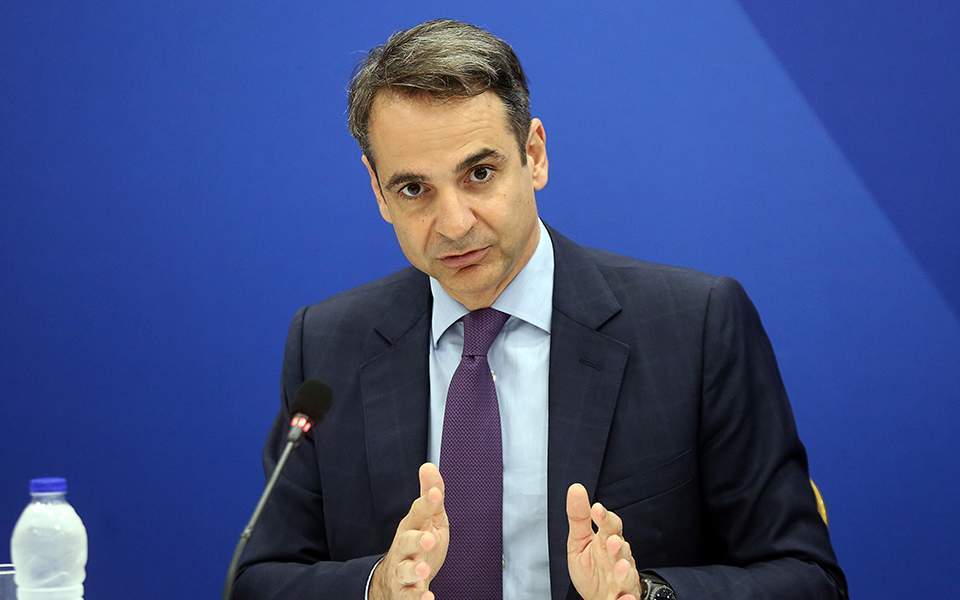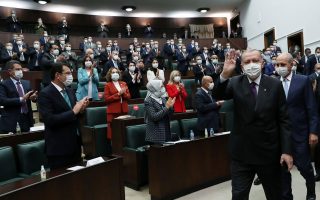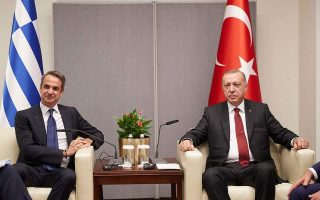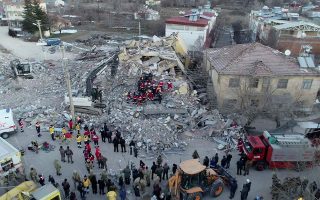The Greek armed forces are no gnat

Challenges on the Syrian front may be making certain associates of Turkish President Recep Tayyip Erdogan’s, and possibly even himself, wonder whether there may be something to gain from opening another front – in Cyprus or the Aegean.
With all due respect to the embattled nation in the southeast of Turkey, though, Greece is not Syria. A member of the European Union (along with Cyprus), a NATO pillar and with powerful ties and alliances with the United States and other important countries like France, Greece is not a negligible force.
It is wrong to analyze the Greek-Turkish equation solely on the basis of military arithmetic. Turkey is the stronger of the two on that front and especially after the effects of the decade-long crisis on the Hellenic Armed Forces. We know it, they know it. There’s no need to sugarcoat the pill.
That said, Greece is also not a “gnat,” as a close aide of Erdogan’s once said so dismissively. It has a large number of tanks, jets – F-16s and Mirages that are pretty effective even before the fleet’s impending upgrade – and, of course, a very strong naval force in the Aegean, led by its submarines.
The recent decision to transfer surface vessels and submarines to Souda Bay on Crete bolsters the navy and allows it to conduct immediate operations south of the island or wherever else they may be necessary.
Last but not least, no Turkish politician can seriously consider abandoning the country’s southeastern front and transferring all its forces to the Aegean.
Greece is obviously not pondering any scenario that entails armed conflict. For decades it has followed the path of good-neighborly relations, dialogue, exploratory talks and, ultimately, recourse to the International Court of Justice.
At Wednesday’s meeting with his Bulgarian counterpart, Boyko Borissov, Greek Prime Minister Kyriakos Mitsotakis noted that “Turkish provocations in the Aegean and illegal activities in the seas of Crete are unnecessarily raising tensions in the Eastern Mediterranean.”
Referring to the Ankara-Tripoli accord – which has not been ratified by Libya’s parliament – he stressed that “there is only one real map and no one can redraw parts of the globe by sketching in fake maritime zones and erasing entire islands that have a presence and, of course, sovereign rights.”
In this sense, Mitsotakis rightly went on to underline that “our calm stance toward these aggressive transgressions from the east should not be misunderstood or underestimated. The forces of peace and fairness may not be loud but they are vigilant; they may not provoke but they know how to react.”





